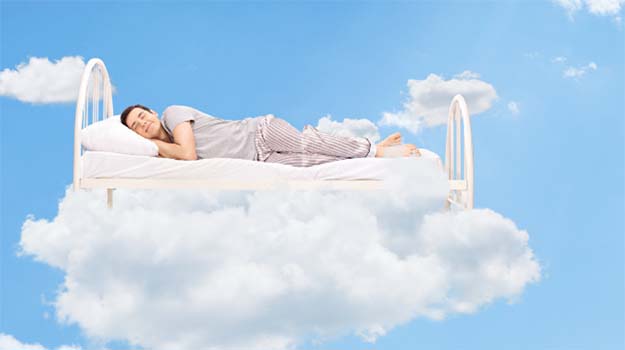Your Teeth While You Sleep
31 Oct 2022 admin
While awake, you know exactly what is going on in your mouth, and you have the opportunity to control your oral hygiene through brushing, flossing, and eating healthily. However, have you considered what happens to your oral health while you sleep? Read on to discover more and what you can do to protect your dental health during sleep.
Bacteria in Your Mouth Remain Active While You Sleep
Your mouth contains hundreds of thousands of bacteria, depending on how frequently and well you brush and floss your teeth. When you sleep, these bacteria are fully awake and get busy eating any leftover food particles that remain stuck between your teeth or around your gums. Like all living beings, as they eat, these bacteria excrete substances that include acids and toxins. The acids can damage your tooth enamel, increasing the risk of cavities, while toxins inflame your gums, increasing the risk of problems like gum disease.
It's impossible to get rid of these bacteria entirely, but you can manage the population by making sure you brush and floss your teeth thoroughly before you go to bed. When you have a cleaner mouth, there are fewer bacteria present, and there is less food to support bacterial growth, helping to protect your dental health.
Your Mouth Is Drier during Sleep
While you sleep, your mouth produces less saliva; unfortunately, these drier conditions help bacteria thrive. If you wake up with bad breath in the morning, it's because the drier conditions have increased the number of bacteria in your mouth.
You can't do anything to prevent your mouth from becoming drier during sleep, but brushing and flossing before bedtime help reduce the number of bacteria, making you less likely to wake up with offensive breath. Brushing your teeth immediately after you get up will help freshen your breath and control the bacterial growth that has occurred overnight.
Teeth Grinding and Clenching
Many people clench and grind their teeth during sleep which is called bruxism. It can be a destructive habit, wearing down your teeth and making them chipped, cracked or loose. Bruxism can also affect your jaw joints, so you wake up with an aching jaw, facial pain and possibly tinnitus, and dull headaches.
If you suspect you may be clenching and grinding or a sleeping partner has complained about the noise made by grinding your teeth, come and see us as soon as you can. We can assess the condition of your teeth and gums and determine if you have bruxism, and if so, provide a custom-made night splint to wear during sleep. The night splint prevents your teeth from contacting, protecting and preserving them. Because bruxism can be a stress-related condition, it can help reduce your stress levels, avoid caffeinated drinks before bedtime, drink less alcohol and quit smoking.
Brushing your teeth twice daily and flossing every day, preferably first thing in the morning and last thing at night, is an easy routine to follow. It will help you maintain optimal dental health, especially when combined with regular dental checkups and cleans at our dental practice.
